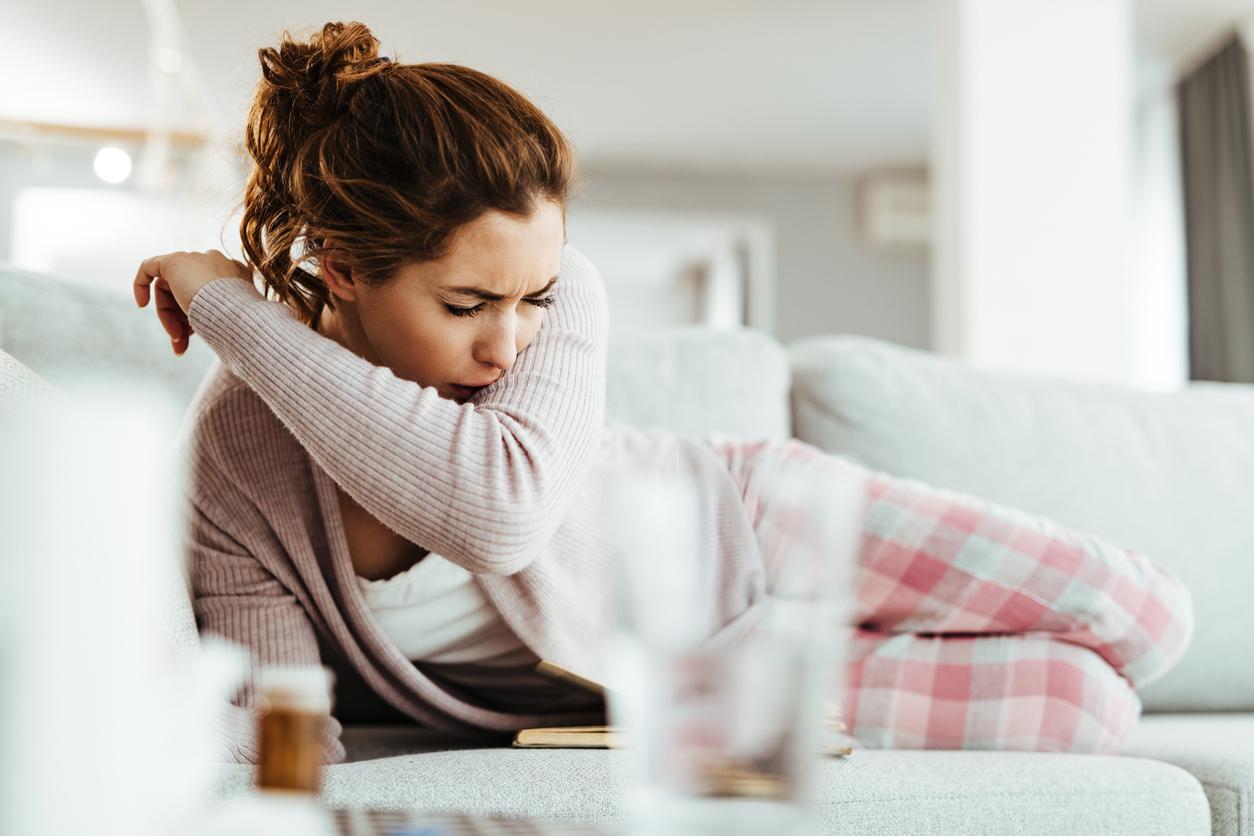Mediator, pills … the recent controversies have not affected the confidence of the French in drugs. But this adhesion is not blind.

The crisis of confidence did not take place. Despite recurring controversies, the French have more confidence than ever in their drugs. Leem (drug companies) presents this Thursday its third societal drug observatory in partnership with the Ipsos polling institute. The figures are clear: 87% of French people say they are confident (up 3 points compared to 2012.)
This plebiscite may come as a surprise. The Observatory therefore looked into the reasons for this confidence. And on its nature. Because this survey does not depict a patient passive consumer, who would blindly trust drugs and doctors. On the contrary, he is informed, and relies both on his personal experience and on the information collected.
Judgment based on experience
The French rely primarily on their own consumer experience. Thus, confidence in the drugs they take is higher than the overall confidence index (92% versus 87%). 52% of respondents say they take a drug at least once a week.
Based on this rich and repeated relationship to drugs, the French believe that they have improved (77%), that the side effects are better controlled (59%) and that they are more effective (52%). Only 17% of the population thinks that taking medication is riskier than in the past.
The observation of the effects of the drug on themselves is an essential factor to get an idea. “For example, distrust of political action stems from a lack of results in personal life. It is a crisis of the result, advances Hervé Gisserot, the president of Leem. “This notion of result is the main driver of trust. “Based on the observation that in the majority of cases the drug produces the expected result, patients are therefore reassured and confident.
Listen to Brice Teinturier, Managing Director of Ipsos: “We are talking about something which is very familiar, very concrete, and which does not refer to representations, images, projections, but something experienced by the French.”
Knowledge of the subject
Pure as much, this confidence is not blind. “The French show a real maturity and a strong implication in their relation to the drug”, notes the study. They are even very aware of the potential risks, since 90% of them agree with the statement that “drugs are active products that present certain risks. “
But it is above all the multitude of sources of information that is reassuring. The survey reveals that citizens feel more and more involved in their health. And if they have confidence in the system, it is also because they actively participate in it. “They cross-check the information received, check their sources and act like investigators for their health, which gives them in particular the feeling of being involved in this system, and of having some control.”
If confidence in healthcare professionals still prevails – the French believing that their doctor (64%) and their pharmacist (68%) give them enough information – it is now common to seek additional information on the leaflet (48%) or on the internet (46%).
More dialogue with the doctor
These new sources of information make it possible to establish a renewed dialogue with health professionals, underlines the study: “the era of the passive patient facing the omniscient doctor seems far away and this vertical relationship has shifted towards a horizontal relationship”.
Thus, more than half of the people questioned (51%) have already spoken with the doctor about what they had read on the internet. The patient no longer receives the prescription without flinching, on the contrary, he questions, sometimes even goes so far as to ask for the prescription of a particular drug (62% were in this situation and 96% of the doctors questioned.) It even happens. that the patient questions his doctor on the basis of information he has collected elsewhere (25% of patients, and 93% of doctors questioned were in this situation.)
Listen to Hervé Gisserot, president of Leem: The Frenchman seeks to forge his inner conviction on what is good or bad for his own health. “
Confidence in the drug chain
Finally, the societal drug observatory highlights the credit given to the system that supports the drug chain. Overall, users therefore have the feeling that the multiplicity of actors ensures self-regulation of the system. “They are very aware that the drug is part of a chain, with a multiplicity of players”, comments Hervé Gisserot. “The controversies reactivate this feeling and consolidate it. If something is wrong, an alert system will go off. There will always be an actor to sound the alarm, ”he assures us. Including the patient himself.
Listen to Brice Teinturier : “there is also the other way of seeing things and which is revealed to the French is that there is a chain of interveners (…) and that even when there is a crisis, it is identified, it is surrounded, it is treated. “
.

















